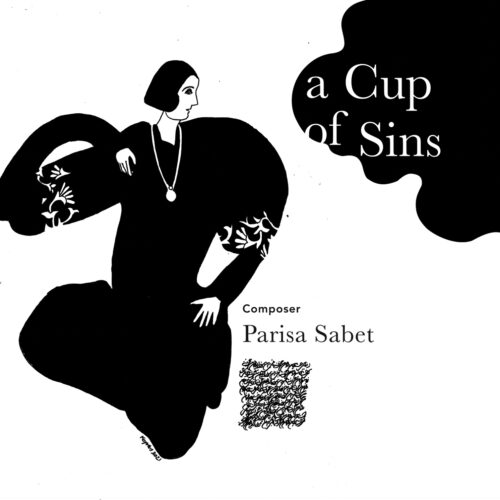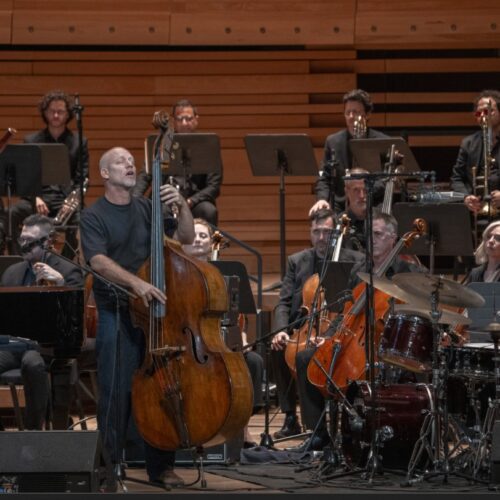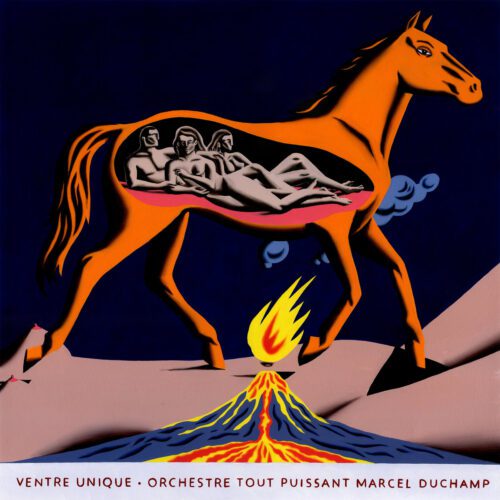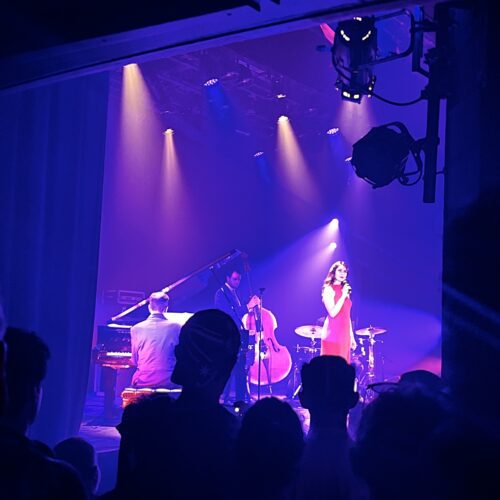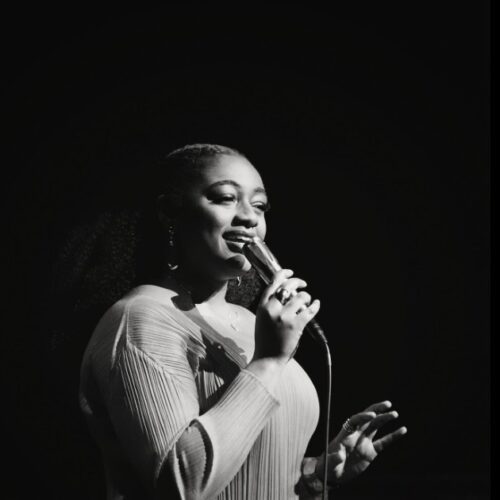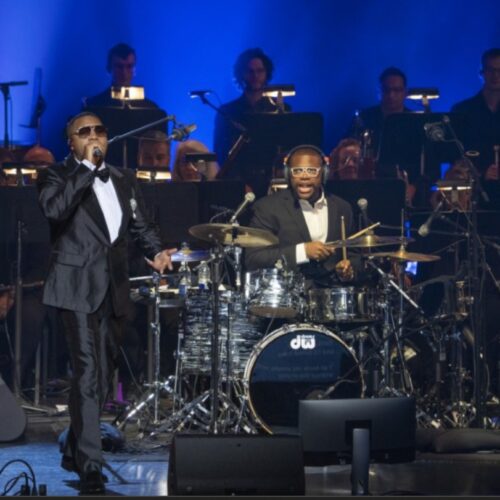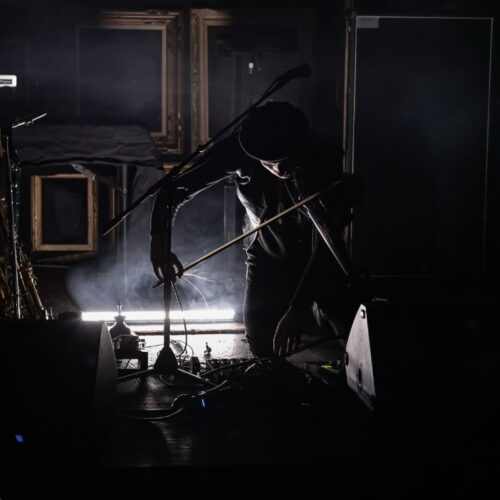A very interesting discovery for those who like to keep their knowledge of the Canadian contemporary scholarly music scene up to date: Parisa Sabet. Of Iranian origin, Sabet’s intercultural dialogue is strongly inspired by her native culture, but seeks to sublimate the traditional to bring her works to a level of civilizational transcendence.
Whether it is the great medieval poet Rumi (Dance in Your Blood), the kemancheh played with such emotional power by the virtuoso Keyhan Kalhor (Geyrani, also reminiscent of Goran Bregovic’s Ederlezi written for Kusturica’s Time of the Gypsies), Iranian political history (Maku, which evokes the imprisonment of the Shah of Iran in 1847), the Baha’i religion (The Seville Orange Tree) or sexual violence (A Cup Of Sin), Sabet demonstrates an intellectual eclecticism that is matched only by its impressive quality.
Musically, Sabet oscillates between two poles: one tonal (at least in its non-Western understanding) and another modernist, harmonically expanded and dabbling in avant-garde techniques when it comes to the use of the voice. Thus the programme begins gently with Shurangiz (for flute, clarinet, piano, violin, and cello), in which the listener is tempted by a seductive exotico-cinematic romanticism, and then continues with Dance In Your Blood (for soprano and piano), which begins in the same spirit but gradually moves away from it and becomes more demanding. The Seville Orange Tree dances and frolics as it describes a religious site where the intoxicating smell of an orange tree serves, perhaps, as a parable of a humanity united around the pleasure of sharing the simple wonder of an intoxicating aroma.
Maku is one of the pieces that draws most heavily on the palette of contemporary vocal techniques, such as one might associate with Berio or Ligeti. Nevertheless, the discursive coherence of Sabet’s writing, supporting at all times a straightforward conception of musical drama, makes her miniature operas and chamber poems immediately comprehensible and accessible,
A Cup Of Sin (just 17 minutes in three movements) is certainly the piece that most directly corresponds to the concept of a ‘pocket’ opera. For soprano, clarinet, viola, piano, electric guitar and cello, it is a grating commentary on a certain masculinity that has been modeled and idealized, among other things, by religion, and that proves to be full of deception. The text by the author and Nobel Prize winner Simin Behbahani hits home hard :
Then, he will come to me,
intent on my oppression.
I will protest and scream against his horror.
And that ogre called man
will tame me with his insults.
As I gaze into his eyes
innocently and full of shame,
I will scold myself: you see,
how you spent a lifetime wishing for ‘’Adam’’.
Here you have what you asked for.
I cannot fail to mention the excellent performance of the soloists, especially soprano Jacqueline Woodley who is totally committed to this music. Joshua Tamayo leads the small ensemble consisting of Christina Petrowska Quilico on piano, Laurel Swinden on flute, Peter Stoll on clarinet, Matthias McIntire on violin and viola, Dobrochna Zubek on cello and Robert Grieve on electric guitar.
